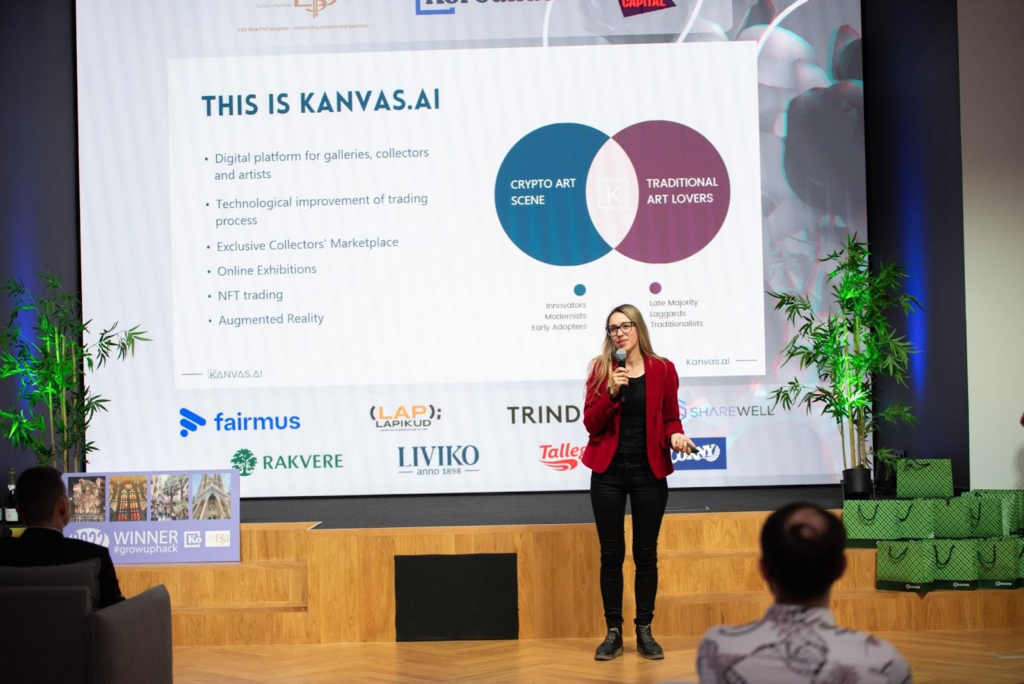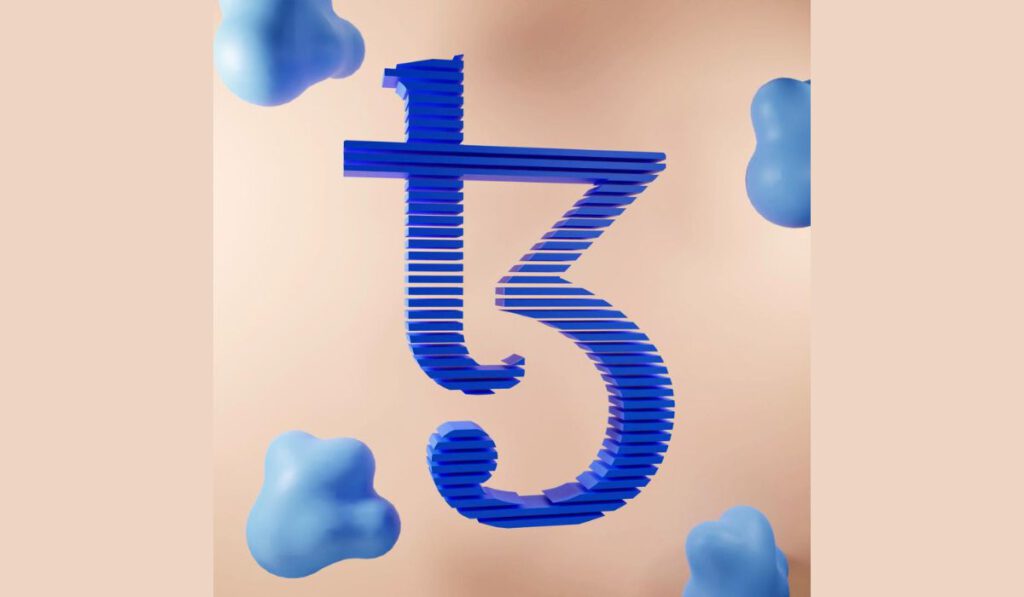Kanvas.ai, an Estonian art startup, announced that it would offer art NFTs made on the Tezos blockchain and will be the first Baltic art NFT marketplace. With the help of the Tezos Foundation, the Estonian art startup provides a curated platform for art NFT collectors.
The first art start-up in Estonia, Kanvas.ai, provides artists, collectors, and galleries with various technical solutions built on the Tezos blockchain, which has a thriving secondary market for collectors, an online marketplace for exhibitions, the ability to use NFTs, and augmented reality opportunities.
Astrid Laupmaa, co-founder and CEO of Kanvas.ai stated: “Our platform offers these opportunities to artists and galleries, and thus art reaches a much wider audience. With the help of the support, we can develop the technical side related to NFTs and expand to other European countries as well. We are delighted to now offer art NFTs created on Tezos. In addition, we look forward to joining the thriving Tezos art community and to become part of such a supportive, creative ecosystem,” said Laupmaa.
Laupmaa claims that Kanvas.ai has not yet received any significant funding rounds because the company has been concentrating on creating the necessary technology. Kanvas.ai intends to conduct a larger investment round after the company develops new technology on the platform with the help of the Tezos Foundation. Sonny Aswani, Marek Pärtel, and Julian Kaljuvee, active investors in the Estonian startup scene, were the platform’s first angel investors.

With the aid of NFT technology, the Kanvas.ai platform, among other things, increases the opportunities for artists. NFT art helps artists earn more money while ensuring the authenticity of their creations.
 
 
“The use of NFT technology solves the problem in the art world where the artist is left out of the sales chain. This allows artists to create a network, communicate with buyers and monitor the movement of their work. On our platform, when artists sell virtual art, they receive a 10% commission on each transaction – even if the work is sold on the secondary market, the artist also gets a share of it,” said Laupmaa.
Twenty collectors and 75 professional artists from around the world are currently members of the Kanvas.ai platform, including Estonian artists Vilen Künnapu, Kaupo Kikkas, and Raoul Kurvitz. The business has also collaborated on exhibitions with a number of regional galleries, including Solaris Gallery, Telliskivi Creative Campus, and Phjala Gallery.


